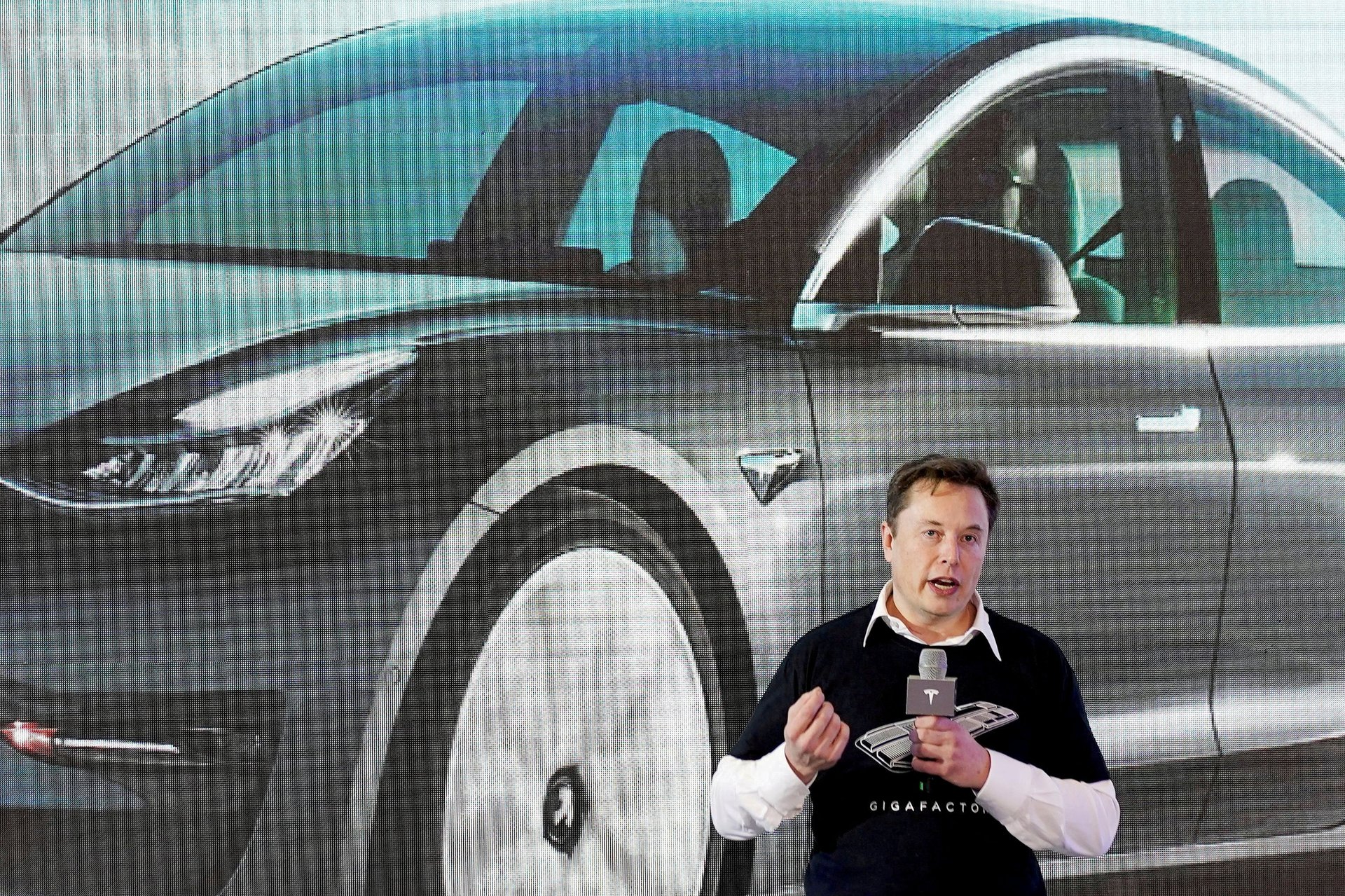Is Tesla's stock crashing because Elon Musk is distracted by Twitter?
Tesla has lost more than half of its market value in 2022

Tesla is an electric car company. But in the last few months, it has become something else as well: a bellwether for Elon Musk’s popularity with investors. As shareholders worried about Musk, Tesla’s CEO, being distracted by his high-profile, tumultuous acquisition of Twitter, Tesla’s share price began to reflect their unease. Its board has expressed concerns about him spreading himself too thin. From the start of 2022 to its year-to-date low earlier this week, Tesla stock lost a massive 58% of its value.
Suggested Reading
In the four weeks since Oct. 27, when Musk actually took over Twitter, Tesla stock is down over 18%. And that includes a slight rally in the last few days, when analysts began to upgrade the shares slightly—a sign they believe the stock is beginning to be undervalued.
Related Content
Musk has said that he will appoint someone to take his place at the head of Twitter, although he hasn’t said when. As the bumps in the graph above show, though, Musk’s Twitter play isn’t the only thing on the market’s mind. Tesla stock fell in the first quarter, and rose again, before the Twitter deal was on the cards. So what else is driving it?
Not an easy time for electric cars
Manufacturing of all kinds has been hard hit in the past two years by problems with raw material supply, rising prices of raw materials and, in some cases, slowing demand driven by people feeling the pressure to spend less in an uncertain climate. Rising inflation has also put more pressure on businesses.
In March, Tesla raised the prices of some of its electric vehicles in the US and China, citing higher production costs, only to cut them again in China in October, which sent stock around 7% lower. Tesla has also had to go through several rounds of vehicle recalls this year, although these have driven the stock price down less than expected.
Perhaps losses like those suffered at Tesla—equating to $300 billion in the last two months, according to Bloomberg —are easy to stomach for the world’s richest man. In August, Bloomberg pointed out that Musk’s vast personal wealth increasingly depends on yet another of his companies, SpaceX, which is not publicly traded and so doesn’t display the same volatility as a company like Tesla. Musk might lean even more heavily on his space rockets now that loss-making Twitter is dragging on Tesla’s stock as well.
